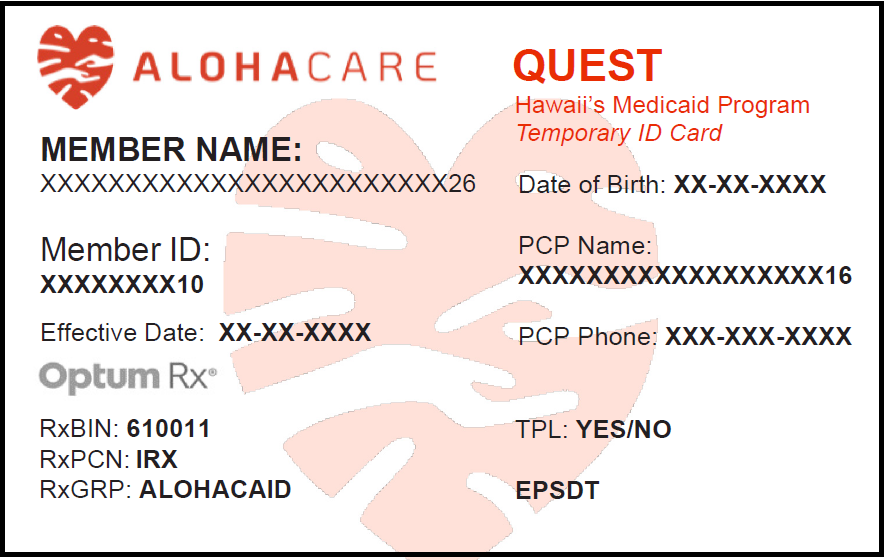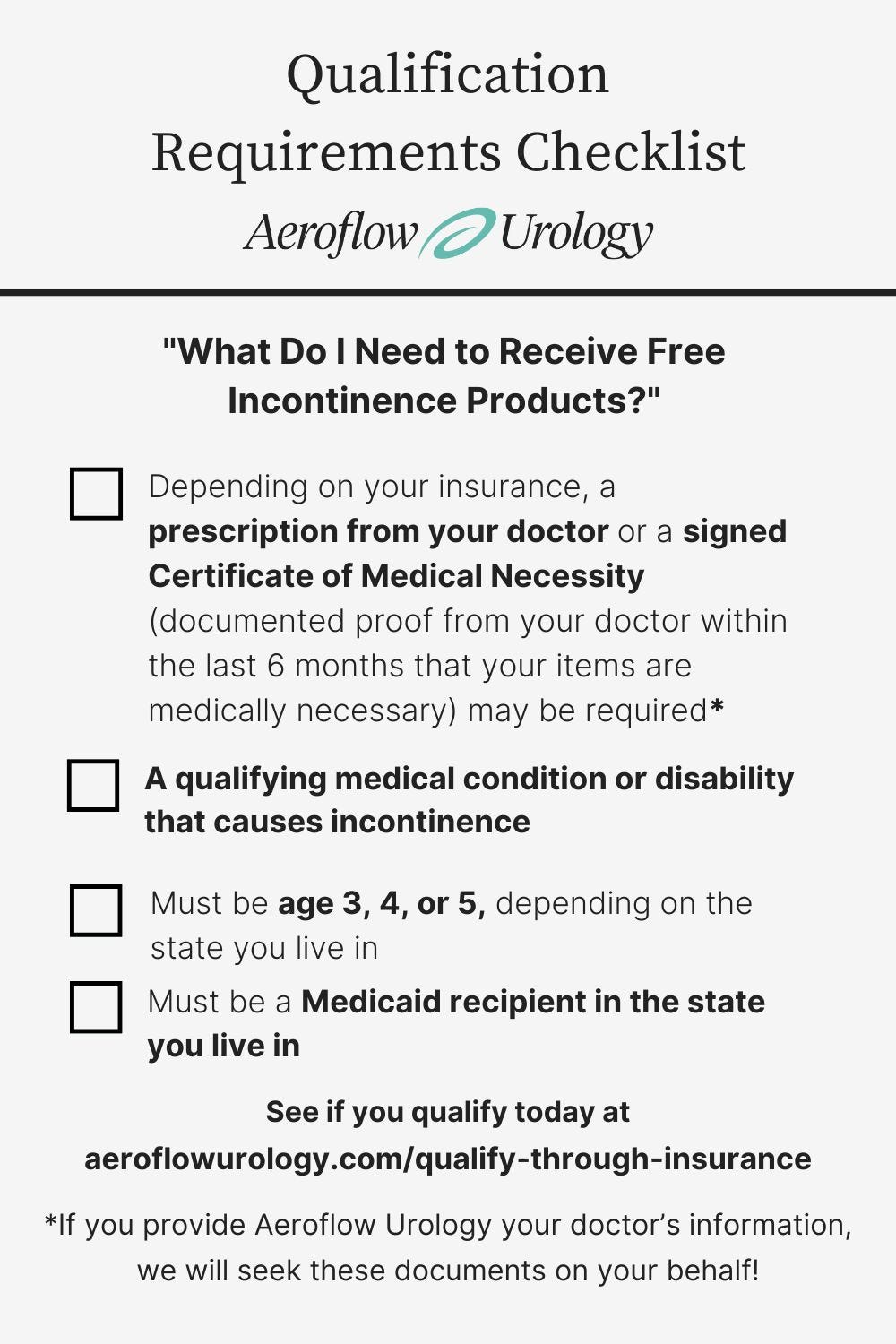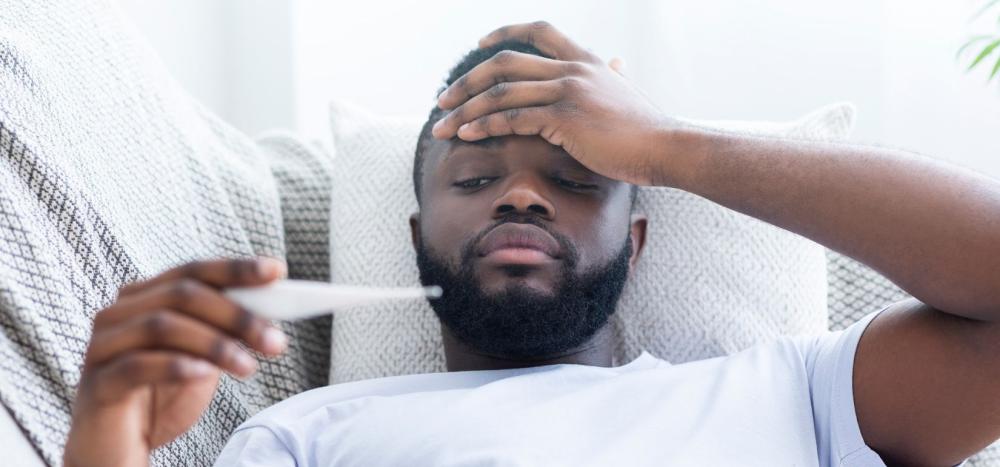Key Takeaways:
- Hawaii Medicaid, also called Med-QUEST, covers incontinence supplies, like diapers, underpads, pull-ons, and more for children (age 3+) and adults with qualifying medical needs.
- Aeroflow Urology makes the process easy by verifying your medical coverage, working with your doctor, and shipping free incontinence supplies discreetly to your home.
- We work with most major Hawaii Medicaid plans, including AlohaCare, to help you get the bladder control products you need through your benefits.
Jump To:
Can You Get Incontinence Supplies Covered by Hawaii Medicaid?
Which Incontinence Supplies May Be Covered?
Do You Qualify? Understanding Hawaii Medicaid Eligibility for Incontinence Supplies
Navigating Medicaid Managed Care Plans in Hawaii
How Aeroflow Urology Helps You Get Your Covered Supplies
Ready to See if You Qualify? Fill Out Our Eligibility Form
Where to Find Your Hawaii Medicaid Insurance Information
How to Apply for Hawaii Medicaid
What If You Don't Qualify? Other Options for Obtaining Incontinence Supplies in Hawaii
Cost should never stop you or your loved ones from getting the incontinence supplies you need, such as diapers, pull-ups, or underpads. If you're a Med-QUEST recipient, you may be eligible to receive these items at no cost.
This article helps you find out if you qualify for free bladder products with your Hawaii Medicaid plan through Aeroflow Urology and discover which monthly, high-quality supplies are covered under your plan.
Can You Get Incontinence Supplies Covered by Hawaii Medicaid?
Yes, if you qualify. Med-QUEST, Hawaii’s state Medicaid program, provides coverage for medically necessary incontinence products for eligible children (ages 3+) and adults.
Aeroflow Urology helps people with AlohaCare, one of the health plans under Med-QUEST, use their benefits to get these incontinence supplies covered.
Which Incontinence Supplies May Be Covered?
Eligible children with Hawaii Medicaid may qualify to receive a combination of the following medical supplies and incontinence products:
- Pull-ups
- Diapers
- Underpads (chux).
- Gloves
- Booster pads.
Eligible Hawaii Medicaid adult beneficiaries may qualify to receive a combination of:
- Adult diapers (adult briefs).
- Adult pull-ons (protective underwear).
- Underpads (chux).
- Gloves
- Booster pads.
Check your coverage for 100% free incontinence products now!
Check your coverage for 100% free incontinence products now!
Do You Qualify? Understanding Hawaii Medicaid Eligibility for Incontinence Supplies
To receive free incontinence supplies through Hawaii Medicaid with Aeroflow Urology, you may need to meet the following eligibility requirements (depending on your Medicaid program health insurance plan). Our Continence Care Specialists will help you gather all of this necessary information to simplify the process:
- Your medical reason for needing supplies (incontinence diagnosis with correlating disability or medical condition).
- An estimated number of incontinence products you need every day (i.e. 2 pull-ons, 1 bladder pad, etc.).
- A qualifying disability or medical condition that causes incontinence and is diagnosed by a healthcare professional, such as diabetes, menopause, autism, spina bifida, Alzheimer’s disease, etc.
- Must be 3 years of age or older.
- Must be a Hawaii Medicaid / Med-QUEST recipient.
- Depending on your insurance, a signed Certificate of Medical Necessity (a document from your doctor within the past 6 months verifying your items are medically necessary) and / or a prescription from your healthcare provider.
Navigating Medicaid Managed Care Plans in Hawaii
Medicaid-covered incontinence products are provided through Medicaid managed plans, which vary by state. In Hawaii, Medicaid benefits — including incontinence supplies — are often managed through these provider names:
- AlohaCare
- HMSA
- Kaiser Permanente.
- ‘Ohana Health Plan.
- UnitedHealthcare Community Plan.
How Aeroflow Urology Helps You Get Your Covered Supplies
At Aeroflow Urology, your dedicated Continence Care Specialist will verify your coverage and handle the paperwork required to receive incontinence products through your Hawaii Medicaid benefits.
Aeroflow Urology is a durable medical equipment supplier (DME) that provides high-quality incontinence products from trusted brands — free through Medicaid, if you qualify.
Some of our customers’ favorite brands include:
- Attends
- Cuties
- Prevail
- TENA
Whether you need pediatric diapers, adult briefs, or bladder control pads, Aeroflow Urology offers a wide range of incontinence products with different styles and absorbency levels to help you stay dry and confident. We’ll work with you or your loved one to find the right combination of supplies to fit your needs.
Ready to See if You Qualify? Fill Out Our Eligibility Form
To see if you or your loved one qualifies for products, fill out our secure Eligibility Form.
Our form has been HITRUST-certified, so you know your information is secure! Once we check your coverage and confirm what supplies you're eligible for, your Continence Care Specialist will contact you within 1-2 business days or after hearing back from your healthcare provider to go over sizing and product needs.
If you’re a caregiver, be sure to complete the form using your loved one’s information, not your own.
Once your incontinence products are approved through your state Medicaid plan, we’ll discreetly package them and ship them to your home every month in plain, unmarked boxes.
If you or your loved one uses incontinence supplies, you could save up to $630 a month through your Medicaid health plan when you order through Aeroflow Urology!
Where to Find Your Hawaii Medicaid Insurance Information
To fill out our Eligibility Form and find out if you’re eligible for free incontinence supplies covered by Hawaii Medicaid, have your insurance information ready.


Insurance cards differ depending on the state you live in and the type of insurance you have, but you can find the following on your card:
- Full name of the insured person.
- The member ID number (Medicaid ID number).
- The plan name.
If you have questions regarding your insurance information, you can call the phone number listed on it for assistance.
How to Apply for Hawaii Medicaid
If you are eligible for Hawaii Medicaid, you can apply online and submit an application via https://medical.mybenefits.hawaii.gov/. If you have questions or need help applying, visit the Med-QUEST site for contact information.
What If You Don't Qualify? Other Options for Obtaining Incontinence Supplies in Hawaii
If you or your loved one has incontinence and you don’t qualify for incontinence products through Medicaid, you may be able to go to your local diaper bank or a diaper drive to get free products.
Low-income families may qualify for free diapers through a diaper program, along with other healthcare products. These programs mainly focus on baby and toddler diapers and pull-ups, but some partner agencies may also have pull-ups for older kids and adults. Visit:
- Aloha Diaper Bank.
- Hawai’i Diaper Bank.
You can also dial 2-1-1 to reach Aloha United Way’s helpline, which connects people across Hawaii with local resources for essentials like diapers, hygiene items, and other support services.
Frequently Asked Questions
1. Does Hawaii Medicaid have to be my primary insurance provider?
Incontinence products can be provided for any beneficiaries who have Hawaii Medicaid / Med-QUEST as their primary or secondary provider.
2. How many supplies does Hawaii Medicaid cover per month?
The number of briefs, pull-ups, and other supplies you receive will depend on what is allowed by Hawaii’s Medicaid plan as well as your prescription. Your Aeroflow Urology specialist will let you know the exact quantity of supplies you are eligible to receive.
3. I have Med-QUEST, so why don’t I qualify for supplies?
You should have received an email outlining why you or your loved one were not approved for supplies. The reason could be due to the following: Aeroflow Urology is not in network with your Medicaid plan, or our contract may not allow us to provide the supplies you are requesting, you may not meet your insurance provider’s age requirement, incontinence supplies are not a covered item under your Medicaid plan, or you or your loved one's disability may not be a qualifying condition under your plan.
4. I submitted my information to Aeroflow Urology. When will I know if I’m approved for free incontinence supplies?
One of our dedicated Continence Care specialists will contact you via phone or email within 1-2 business days of submitting your information. If it has been longer than this time frame, please give us a call at 844-276-5588 and we would be happy to check into your account and provide an update. Our office is open Monday-Friday 8am-5pm ET.
5. What about a prescription? Can Aeroflow help?
Hawaii Medicaid requires a prescription in order to cover continence care products. If you do not have a prescription for you or your loved one, your Continence Care Specialist will reach out to your doctor directly for the paperwork.
6. I have Medicare. Why don’t I qualify for incontinence supplies?
Unfortunately, Medicare does not currently deem incontinence products as “medically necessary” so they do not cover supplies. However, they may cover your catheters.
Disclaimer
Information provided on the Aeroflow Urology blog is not intended as a substitute for medical advice or care from a healthcare professional. Aeroflow recommends consulting your healthcare provider if you are experiencing medical issues relating to incontinence.












